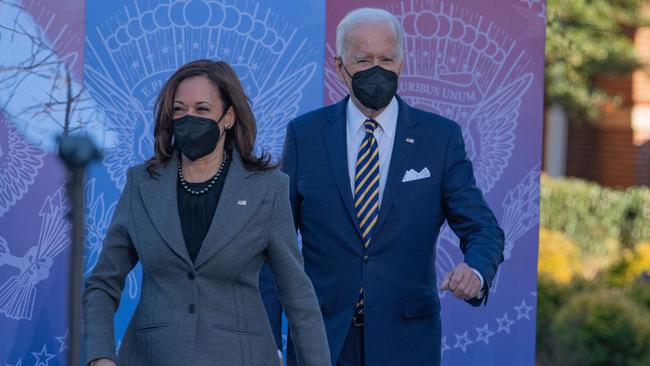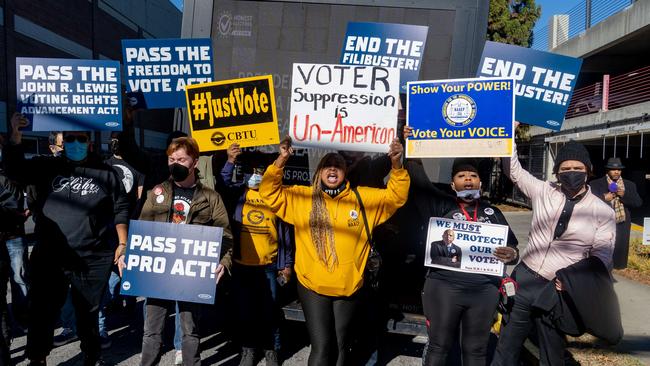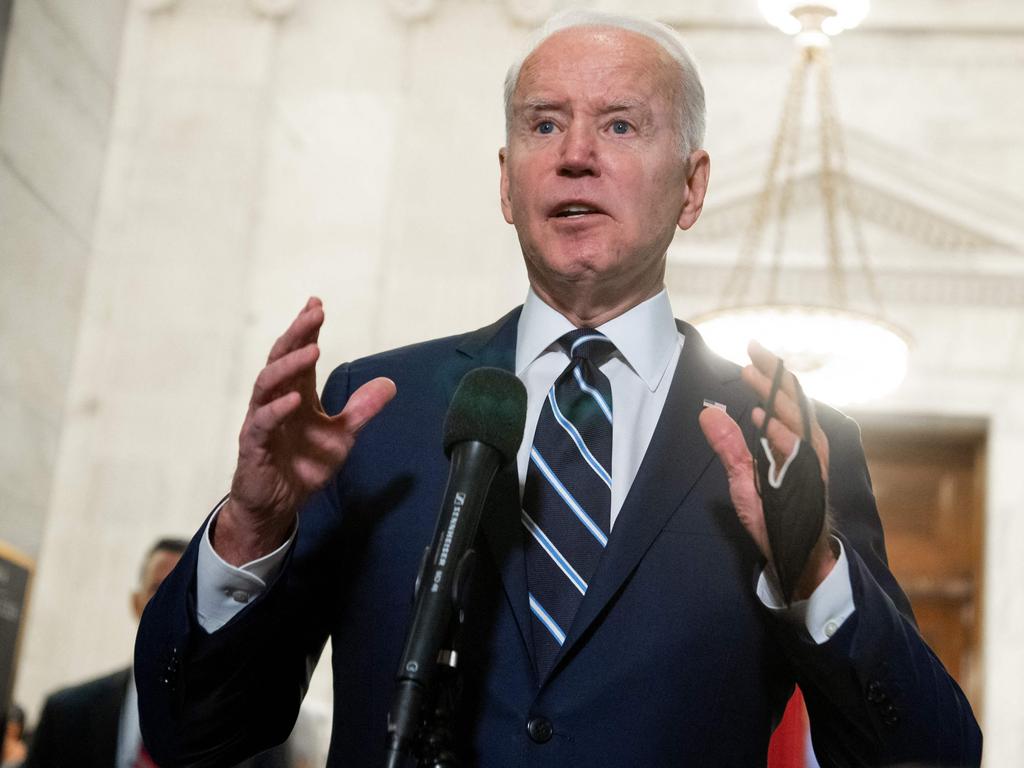A memo on saving the Biden presidency
After a year in office, your presidency is at a low ebb, and the 52nd week could hardly have gone worse. What you are doing isn’t working.

Mr. President: After a year in office, your presidency is at a low ebb, and the 52nd week could hardly have gone worse. Most Americans don’t see you working on the problems they care about the most—the pandemic and inflation—and what you are doing isn’t working. Only 36% think your administration’s fight against the coronavirus is going well. Even fewer (30%) give you a passing grade on inflation.
On Covid, the people have specific complaints. They don’t support your effort to extend vaccine mandates and they don’t think your administration was prepared for the Omicron variant. Medical professionals have noted the failure to ramp up the procurement of home tests during the summer and fall of 2021. About 7 in 10 Americans believe that the information coming out of your pandemic task force has been confusing.
If I were you, I would pay attention to these complaints. About 1 in 5 Americans will never get vaccinated, and trying to force them has backfired. It’s time to accept this reality. If the coronavirus task force’s weekly news conferences are creating confusion, pause them until you solve the problem. Rather than a steady stream of defensive statements from senior officials, admit mistakes. People are asking what happened to the tens of billions of dollars appropriated for testing. They deserve a straight answer.

As for inflation: Blaming it on corporate greed may thrill progressives, but most economists and commentators, including Democrats, aren’t buying it. Two-thirds of people are blaming supply-chain issues, which is a lot closer to the truth. I’d be doing regular events highlighting your administration’s efforts to clear the backlog at ports and mobilize new truckers to fill the gaps in the transportation system. Even if progress is slow, people will give you credit for focusing on what they think is important.
In the long run, legislation does matter. But your legislative agenda has hit a wall, which won’t collapse because you blow your trumpet louder. You aren’t Joshua, and a miracle isn’t in the offing. It’s time to set aside what you want and take what you can get.
This can’t happen until you stop subcontracting your priorities to the Democratic congressional leadership. If you don’t know already, find out which elements of Build Back Better dissenting Senate Democrats will accept—and make that the core of your bill. Support the nascent bipartisan efforts to fix the Electoral Count Act of 1887, whose dangerous flaws enabled Donald Trump’s failed effort to get his vice president to overturn the results of the 2020 election. Get the House to pass its version of the U.S. Innovation and Competition Act, which could help mitigate the computer chip shortage.

In 2020, many moderates and independents voted for you in the hope that you would lower the temperature of national politics. Without them, you would have lost. Now these swing voters think you haven’t tried hard enough to restore a measure of calm, and they are deserting you and the Democratic Party.
Speaking of which: I don’t know who advised you to deliver last week’s Georgia voting-rights speech, but I do know that it was a political fiasco. Many members of your own party regarded it as over-the-top and unpresidential. Others saw it as empty rhetoric. It changed few minds, and none in the Senate. It did nothing to reinforce the brand of politics that earned you the Democratic nomination and the presidency. And it made you look weak.

In the six weeks until your State of the Union address, do everything you can to get the more moderate parts of Build Back Better passed, and then use your speech to lay out what your administration has accomplished, especially in the economy. Be candid about what hasn’t worked and give people reason to hope that things will go better in the second year. Do not announce a grand new legislative agenda, but do provide Democratic candidates with a blueprint for the strongest possible fall campaign.
The good news is that the people who supported you in 2020 still like you personally and want you to succeed. Showing them that you are willing to face facts and shift strategies will help persuade them to stick with you, and it will improve Democratic prospects for the fall election.
Like it or not, your job-approval rating will influence the outcome. If it remains where it is today, Democrats will suffer large losses. If you raise it by 5 points, the party will have a fighting chance. But to make this happen, you’ll have to change course.
William A Galston is the Ezra K. Zilkha Chair in the Brookings Institution’s Governance Studies Program where he serves as a Senior Fellow.
The Wall Street Journal








To join the conversation, please log in. Don't have an account? Register
Join the conversation, you are commenting as Logout